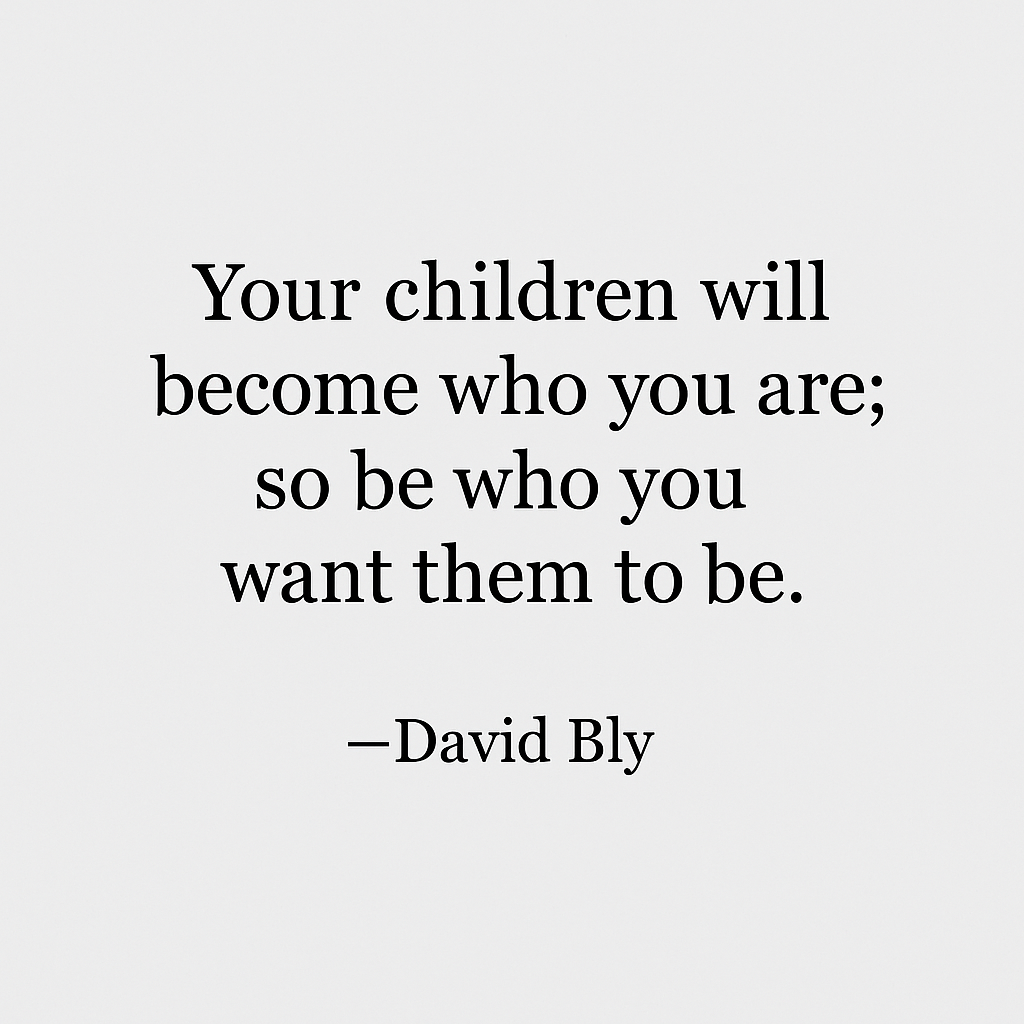Great Place to Work surveys 23,000 firms a year—and its CEO warns degrees really are irrelevant
Gen Z and millennial college graduates are calling their degrees worthless. They may be right. Great Place to Work CEO says that the top employers today aren't "even talking about degrees" anymore. "They're talking about skills."

- Gen Z and millennial college graduates are calling their degrees worthless. They may be right. Great Place to Work CEO says that the top employers today aren't "even talking about degrees" anymore. "They're talking about skills."
Employers are ditching their degree requirements, AI is threatening to steal many corporate jobs and recent grads are pulling their hair out over whether the time and money they poured into the piece of paper was even worth it.
Now, Great Place to Work’s CEO is confirming the shift in priorities: Degrees really are irrelevant and are no longer as important to employers.
The company surveys over 23,000 firms a year across 170 countries to uncover what sets the crème de la crème of employers apart. Together with Fortune, it heard from hundreds of thousands of employees to rank the Fortune 100 Best Companies to Work For list—and at the helm of it all is CEO Michael Bush, who’s spent the past decade dissecting hiring practices and the trends shaping today’s working world.
“Almost everyone is realizing that they're missing out on great talent by having a degree requirement,” Bush tells Fortune. “That snowball is just growing.”
“The overwhelming focus of the last five years—and among companies on our list—is around skills and skills development,” he adds. “They're not even talking about degrees now. They're talking about skills. What skills do you have and what skills are going to be needed in the future? Lot of activity there.”
The CEO adds that the shift to skill-based hiring has caught on globally because ultimately, degrees only highlight a person’s knowledge in a subject matter—not whether they have the skills to actually do the task at hand.
“When you want to start doing matching between complex problems and the people needed to solve them, a degree doesn't help,” Bush explains.
“What helps is whether or not people have perseverance and passion and the actual skills required to bring innovative solutions to the work and AI is being used now to match people to challenges and complex problems and companies. They're going to do that using the skills database, not degrees. Degrees are irrelevant in that analysis.”
The shift to EQ over IQ
It’s no longer just the number of qualifications to your name that matters: Countless executives from Amazon’s Andy Jassy and Cisco’s David Meads to Kurt Geiger’s Neil Clifford and Apple’s Tim Cook have stressed that success hinges on attitude. Meanwhile, the likes of Google, Microsoft, IBM, Apple and most recently Deloitte, have all eliminated their long-held degree requirements for jobs.
Bush says the shift towards skills-first hiring started for two key reasons: A talent shortage and an increase in leaders with hiring powers who themselves haven’t got a degree.
“That has helped people realize it's not that important,” he adds. “It hasn't been somebody woke up and realized, hey, maybe there's a lot of talent that doesn't have degrees.”
Case in point: Mark Zuckerberg dropped out of college to found Facebook. Now, he’s running the $1.4 trillion social media empire Meta and his “hiring philosophy” is to find people who have mastered a skill—like writing a novel about mermaids (his example).
Most employers today have “some kind of psychometrics in their process, some way of seeing how self-aware the person is,” Bush echoes.
So job seekers, be warned: You could see an increase in sneaky interview tests involving coffee cups, salt and pepper shakers, and offbeat questions thrown in to see what you’re really made of.
And in his eyes, the shift away from degrees being the only ticket to golden opportunities is mostly a good thing.
“We try and understand what people are doing to make sure that everybody has an opportunity to get hired at their company, to make sure everybody has an opportunity to get promoted within their company, these are requirements of being a great place to work for all—that there's opportunities for all. All includes people who don't have degrees,” Bush says.
“I'm not saying that they're not worth having. Those are personal decisions that people make,” he adds. “It's gaining acceptance in workplaces to focus more on true performance, and less on things that might be keeping you away from great talent—and degrees have a way of doing that.”
Gen Z and millennials say their degrees are ‘worthless’—but some still pay
It’s not just employers who are saying degrees have been rendered obsolete; Young people who have them are taking stock of the current market and calling them worthless.
In fact, more than half of Gen Z grads say their degree was a “waste of money,” according to a new survey by Indeed.
But separate research shows that some subjects are still worth studying, with STEM degrees leading to six-figure salaries after college.
According to new data from the Federal Reserve Bank of New York, aerospace engineering majors top the list of mid-career earnings, with a median annual income of $125,000. Plus, a separate study highlighted that advanced degrees, often in the medical field, are the key to unlocking jobs that pay over $200,000.
This story was originally featured on Fortune.com

































































